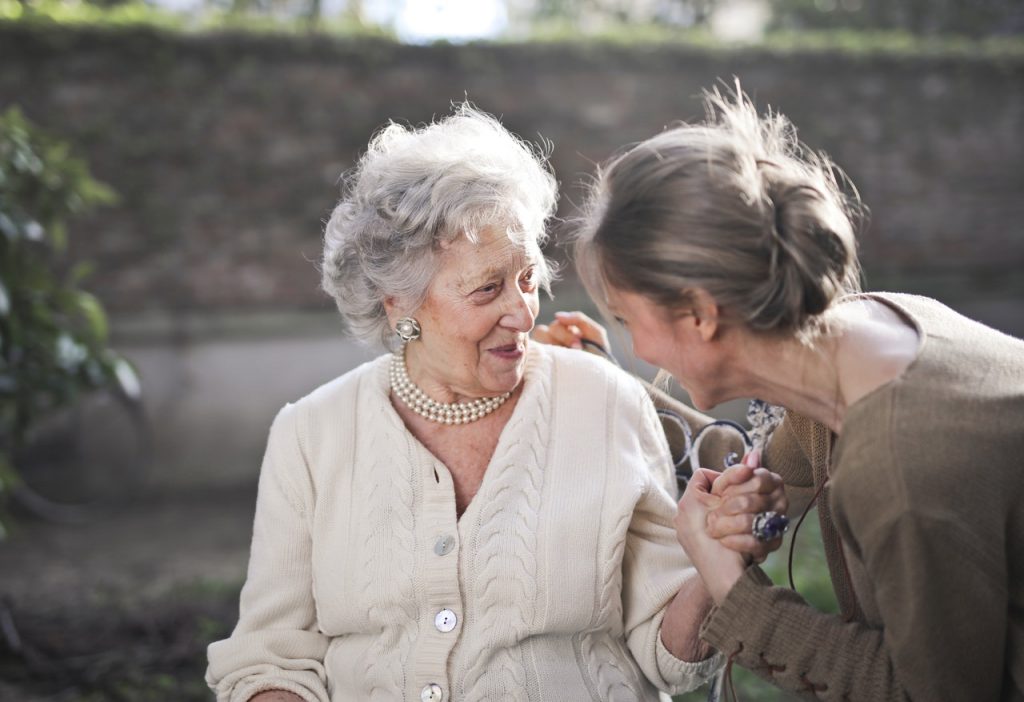Although 2020 is over, the Coronavirus pandemic is far from finished. Whilst vaccines are starting to rollout across the globe, we are still a long way off from going back to normal life. Governments are still enforcing restrictions, and some nations are even in lockdown currently. Strict infection control procedures in hospital are in place to protect the public from this highly contagious disease. Whilst COVID-19 does not present major health consequences for most of us, there are for those that are vulnerable, such as the elderly and immunocompromised. Medical equipment sales are up as nations battle to cope with the influx of COVID patients. In the United States in particular, health professionals are at their breaking point, with people even being turned away from hospitals as they are overwhelmed. In Australia, although we have several border closures, both international and domestic, we can be thankful that our health system is equipped to deal with the pandemic. Strict rules are in place for hospitals and aged care facilities to protect the vulnerable from COVID-19.
Governments have imposed strict rules surrounding who can visit aged care facilities and at what stage. During periods of lockdown, no visitors were allowed into aged care homes. In hospitals, the number of visitors with patients was dramatically restricted. Even parents looking forward to the birth of their child could not have visitors. At one stage, fathers were only allowed in the hospital for a few hours after the birth of their newborn, and then had to leave the hospital. These restrictions indicate the level of caution surrounding health care facilities when it comes to the Coronavirus.
Air compressors have become essential during the COVID-19 pandemic. A continual supply of compressed air into hospitals and other health care settings is vital in all daily operations. Having medical grade air supply was absolutely necessary. This includes for ventilators, adequate air filtration, disinfecting and cleaning, and for certain surgical procedures. Hospitals truly are run on world-class oil free air compressors. It is for this reason that the importance of air compressor services in the current climate is undebatable.

COVID-19 has been difficult for families caring for the elderly in their own homes. Without having a household manager to help out, it has left many struggling. Parents have had to enlist a temporary nanny in some cases to help out with the kids, as they have had to pull their elderly parents out of aged care facilities over fears surrounding COVID-19. Families, friends and neighbours must all pull together to support each other through the challenges of this pandemic. Whilst the worst is over hopefully, we all need to remain vigilant and follow the rules to be able to have a ‘COVID normal’ 2021. Until a vaccine is widely distributed, there is always a risk that new clusters will emerge. This has happened in Victoria, NSW, Queensland, South Australia, and even Western Australia now. No matter how carefully governments act in regard to international traveller quarantine, the risk of transmission is always there.
There are simple things that we can all do to protect each other, particularly the vulnerable. Washing our hands regularly, with hot soapy water, will help to stop the spread. Wearing a face mask can also assist in protecting yourself and others. When visiting restaurants, shopping centres, or any other public place, scanning the QR code can help with contact tracing in the event that an outbreak does occur. Furthermore, social distancing can help to stop the spread of Coronavirus. Standing at least 1.5 metres away from others at all times will ensure that the virus is less likely to spread to others. We must also assist the elderly that are living independently. Doing their grocery shopping, for example, can help to limit possible exposure to the virus. Checking in on those that are living at home alone is also important, as isolation can have serious negative effects on mental health. At the end of the day, mental health is just as important as physical health. Phoning your elderly parents or grandparents will make them feel connected and less lonely. Encouraging safe outings, such as going for a walk, can also help to promote good mental health.






